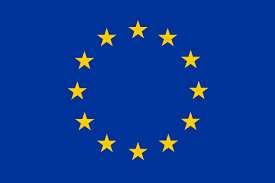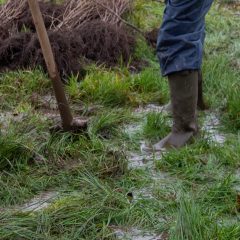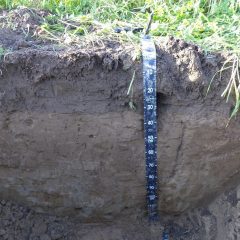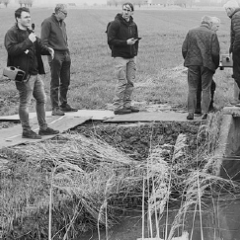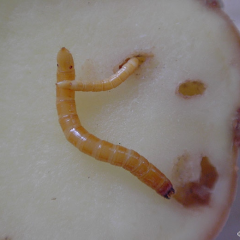Research project Saline Agriculture for Adaptation
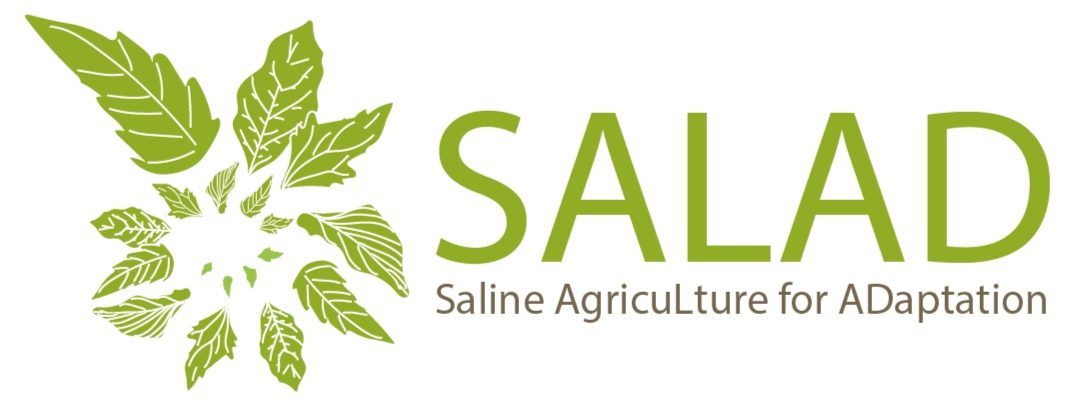
General introduction
How can crops such as potato, quinoa, tomato and New Zealand spinach be grown under saline(er) conditions, and to what extent can vertical and diagonal market development be developed around them? The tentative-positive answer to that research question was provided in SALAD (Saline AgricuLture for ADaptation), a transcontinental, innovative research project on food systems and climate. It focused on ensuring food security under climate change through saline agriculture, aligning vision, research and practice between European and African countries focused on scaling up saline agriculture. Climate scenarios for 2050 predict a significant decline in crop yields, particularly in low-lying coastal areas and in irrigated (dry) agricultural areas around the Mediterranean Sea. More frequent floods and droughts will increase salinity in agricultural soils, resulting in a nagative impact on food systems. According to FAO reports, progressive salinization is one of the main causes of land degradation in Europe, the Near East and North Africa, putting increasing pressure on conventional agriculture, which relies on freshwater resources.
Research approach
SALAD aimed to improve the resilience of food production in saline and potentially saline agricultural areas in the Mediterranean and North Sea regions by
supporting the development and sustainable use of innovative salt tolerant cropsidentifying and further developing crops adapted to saline conditionsexploring and testing innovative market development techniques and tools to scale up different crop/food chains in the EU and Africaexchanging knowledge and transferring practical and adaptive solutions.We investigated soil-water-plant interactions for the selected crops and conducted production pilots and field experiments.
Relevance/Valorization
All in all, SALAD provided both fundamental and applied insights. The transdisciplinary approach included biophysical, social, cultural, agronomic, economic and environmental research. A wide range of stakeholders, through the diagonal scale-up exercise, are more aware of their role in this topic. The market analysis conducted also clarified the opportunities and constraints for vertical scale-up. Saline agriculture is entering a stage where marketing and certification options can be taken thanks to this project. The dialogue with investors can be started maw with a good knowledge portfolio.
Climate scenarios for 2050 predict a significant decrease in crop yields, especially in low-lying coastal areas and in irrigated (dry) agricultural areas around the Mediterranean Sea. More frequent floods and droughts will increase salinity in agricultural soils, resulting in a negative impact on food systems. According to FAO reports, progressive salinization is one of the main causes of land degradation in Europe, the Near East and North Africa, putting increasing pressure on conventional agriculture, which relies on freshwater resources.
Financing
FWO - Fonds Wetenschappelijk Onderzoek
